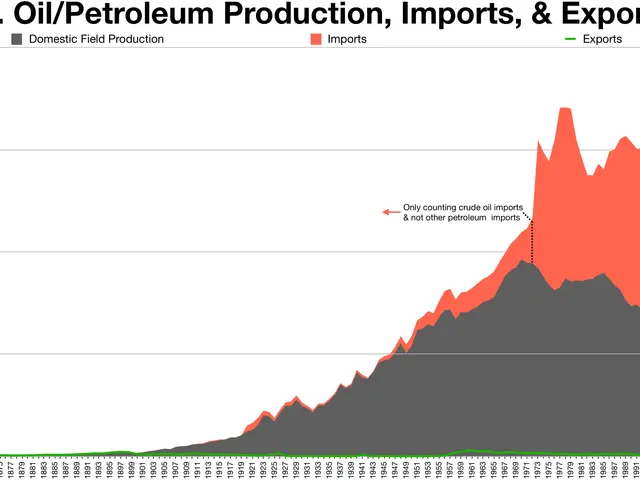Global Life Expectancy Returns to Pre-Covid Levels - Life Expectancy Varies Widely Globally, Study Finds
A new study published in 'The Lancet' reveals striking global variations in life expectancy. Women in high-income countries like Spain can expect to live up to 86.6 years, while men in countries such as Russia and Ukraine face significantly shorter lives, around 67.5 and 68.4 years respectively. The study, led by Christopher Murray from the University of Washington, shows life expectancy has increased by over 20 years for both sexes since 1950.
Worldwide, life expectancy has rebounded to pre-pandemic levels in 2023. Women now live an average of 76.3 years, and men 71.5 years. However, this progress masks stark disparities. High blood pressure, fine dust pollution, and smoking are the top risk factors contributing to health losses. Ischemic heart diseases, stroke, and COPD are leading causes of death, along with lung infections, newborn diseases, Alzheimer's disease, lung cancer, diabetes, and chronic kidney disease. By 2050, men are predicted to gain 4.9 years of life and women 4.2 years.
Disturbingly, mortality rates have risen among adolescents and young adults in North and South America due to suicide and substance and alcohol abuse.
The 'The Lancet' study underscores the vast differences in life expectancy globally. While life expectancy has increased significantly since 1950, addressing the rising mortality rates among young adults in the Americas due to mental health and substance abuse issues is an urgent global health challenge. Understanding and tackling these disparities is crucial for improving overall global health.
Read also:
- IUCN Green List v2.0 Open for Consultation; Congress Honours Conservation Heroes
- Friar Savonarola's Rise and Fall: From Accurate Predictions to Brutal Execution
- Lyskovo District Booms as Business Hub and Tourist Destination
- Astana's Urban Renewal: President Tokayev Launches Major Project to Transform City into Eco-Friendly Hub by 2025





